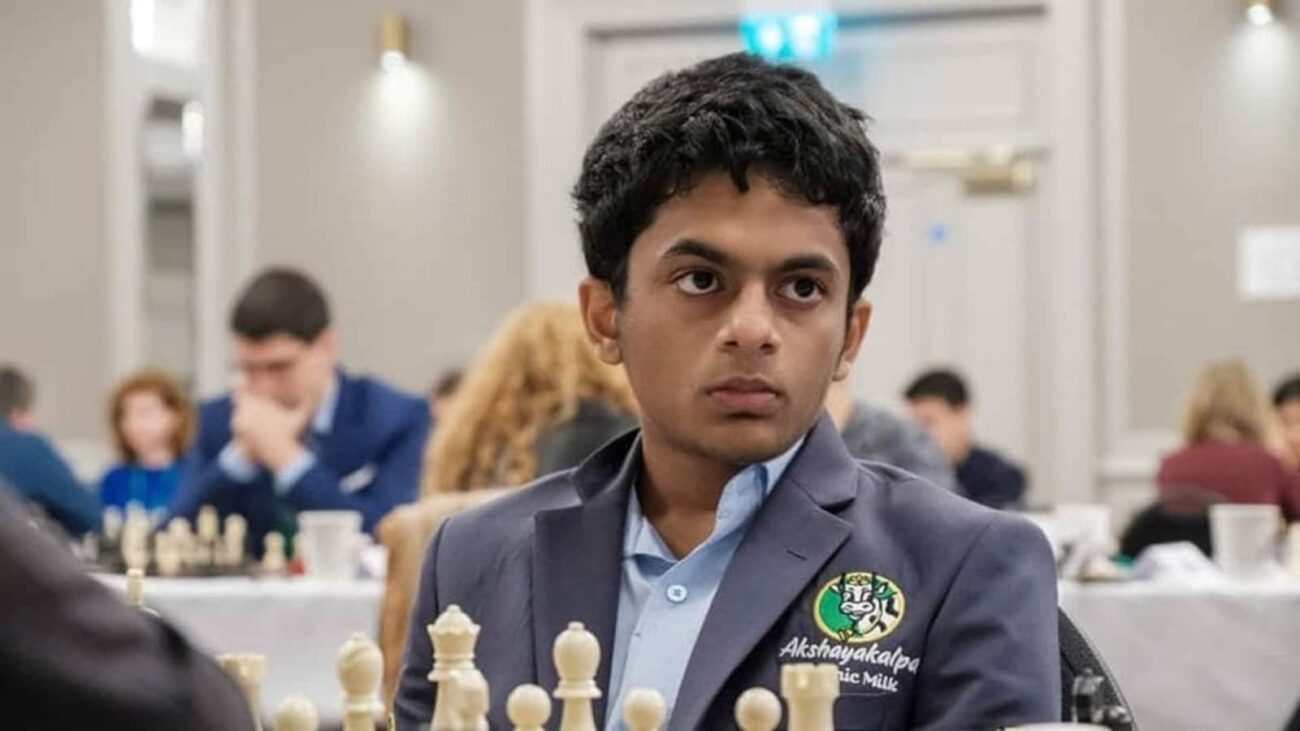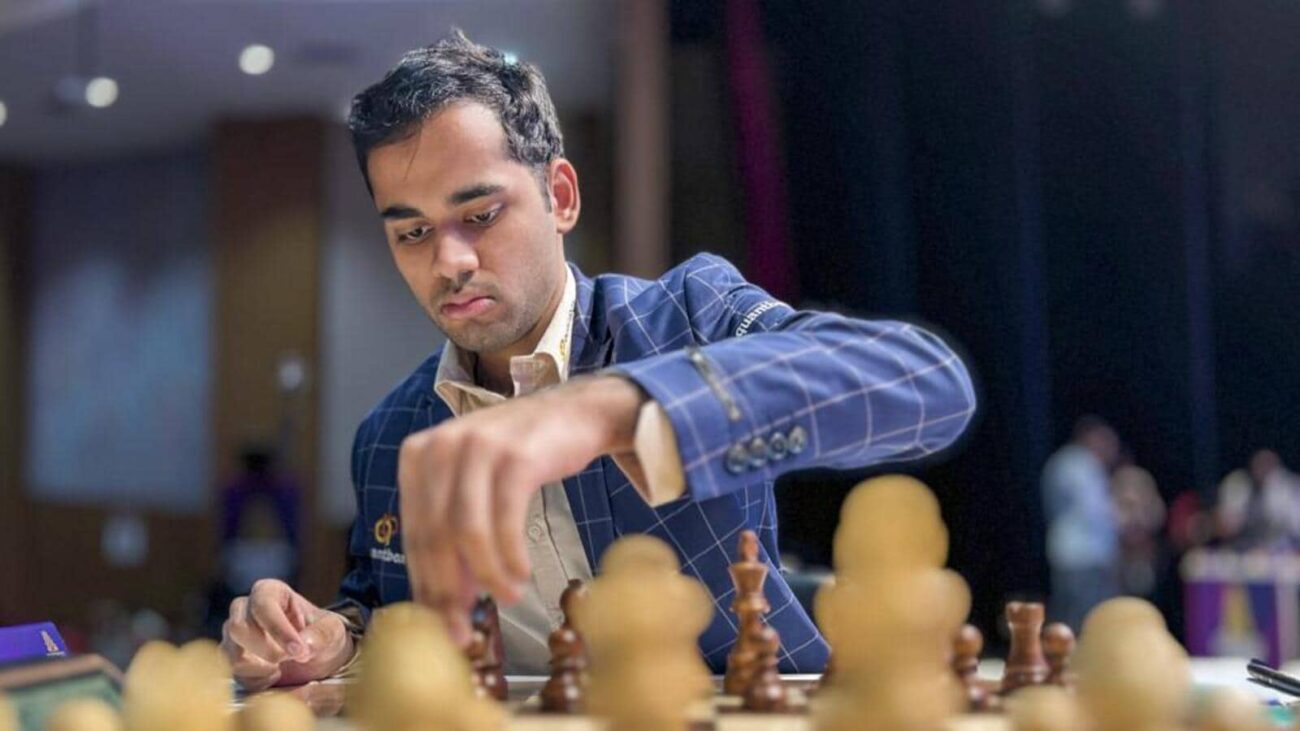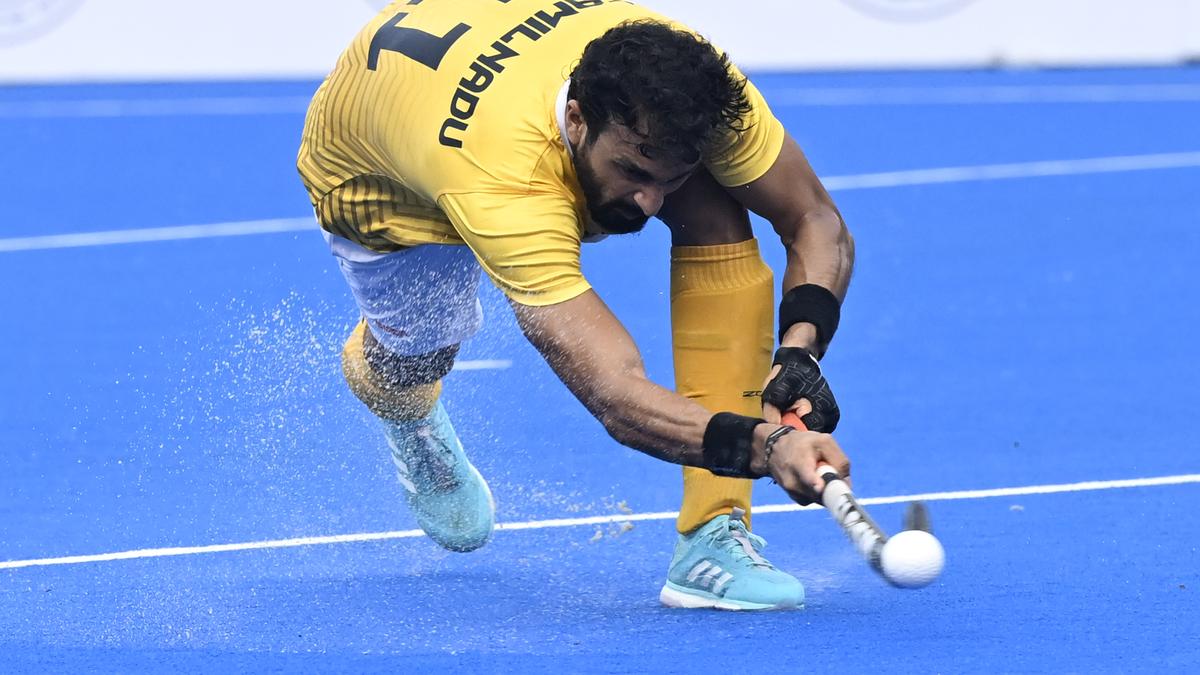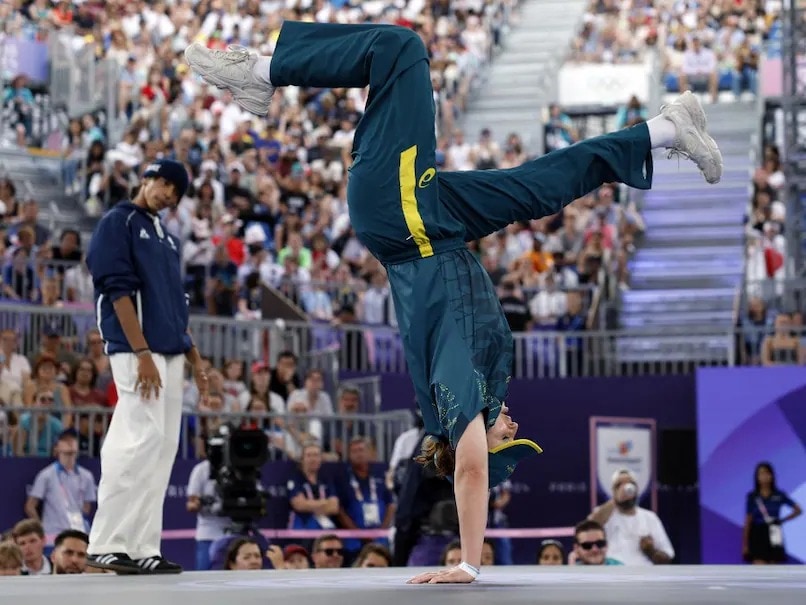Former world chess champion Vladimir Kramnik has sparked controversy with his latest accusations of cheating in online chess. Kramnik, who previously raised suspicions about Hikaru Nakamura’s winning streak, has now suggested that Indian grandmaster Nihal Sarin’s online blitz results against the world’s top ten players this year are “mathematically 99.9999% impossible.”
Kramnik’s allegations have been met with skepticism and criticism from the chess community. Nihal’s manager, Priyadarshan Banjan, has challenged Kramnik to a face-to-face playoff against Nihal, while others have questioned Kramnik’s statistical analysis.
Kramnik’s concerns about cheating in online chess are legitimate, but his public accusations have been criticized for being unsubstantiated and damaging to the reputation of players. Chess.com, one of the leading online chess platforms, has closed Kramnik’s blog and muted his account after investigating his allegations and finding them baseless.
The recent wave of paranoia over cheating in chess has been fueled by high-profile accusations from top players such as Magnus Carlsen and Kramnik. However, experts argue that mass public accusations and blackballing are not effective ways to address the issue.
Kramnik’s accusations have also raised questions about the role of statistics in detecting cheating. While statistical analysis can be a useful tool, it is important to interpret the results carefully and avoid making unfounded conclusions.
The issue of cheating in chess is complex and requires a nuanced approach. While it is important to maintain the integrity of the game, it is equally important to avoid unsubstantiated accusations that can damage the reputations of players and undermine the sport’s credibility.






